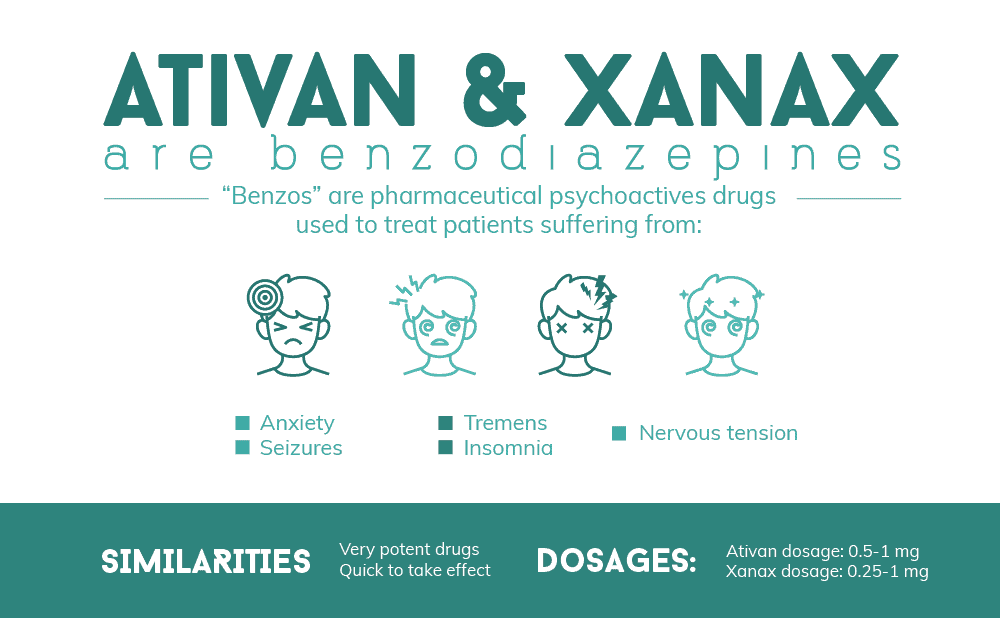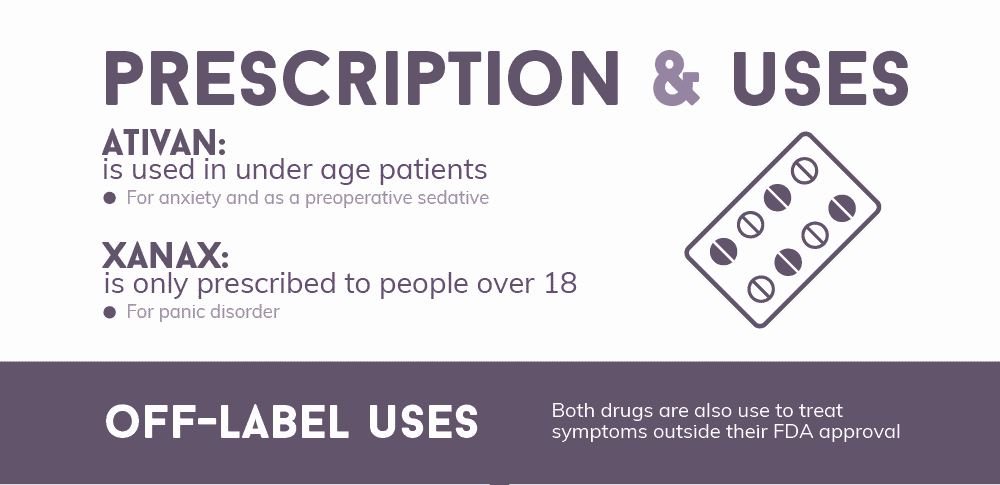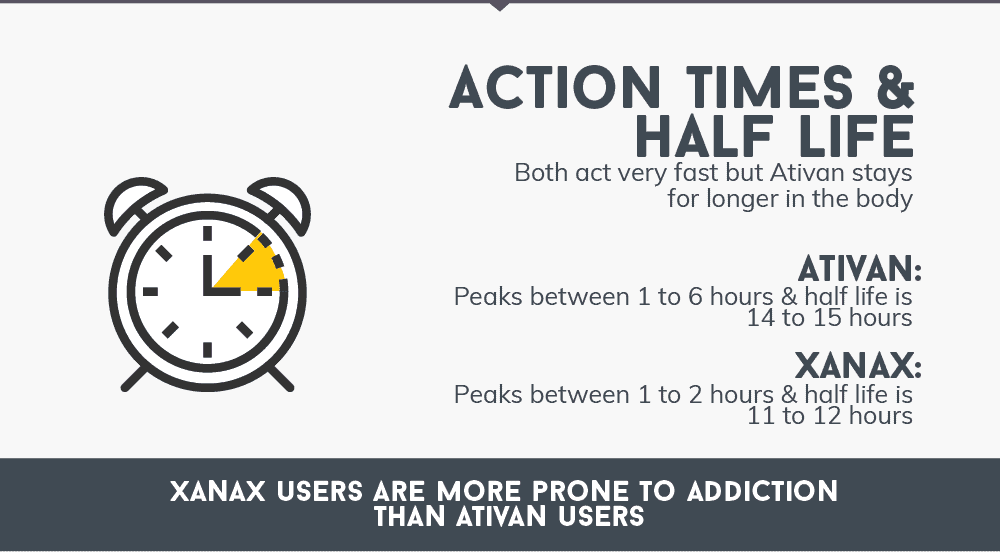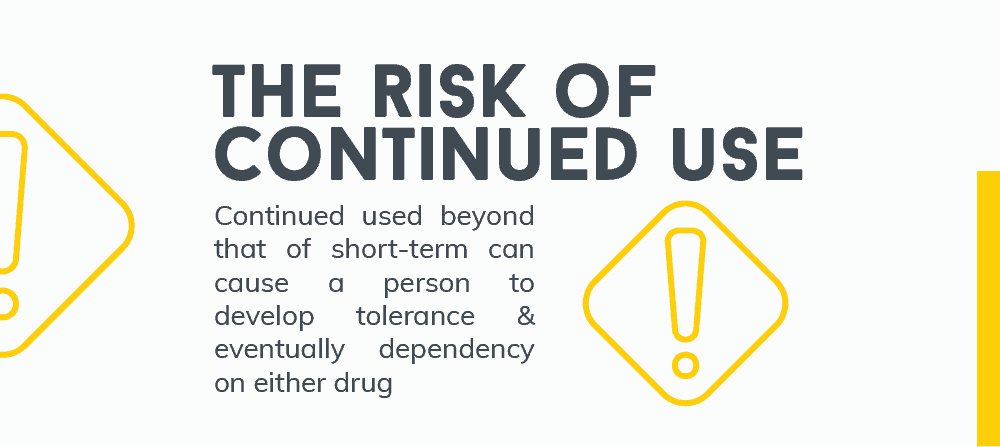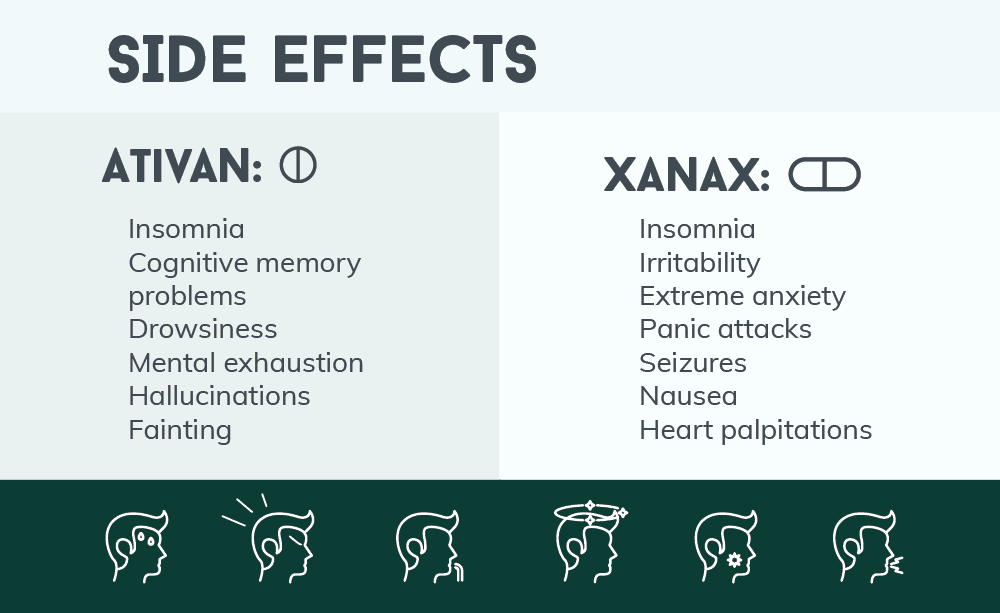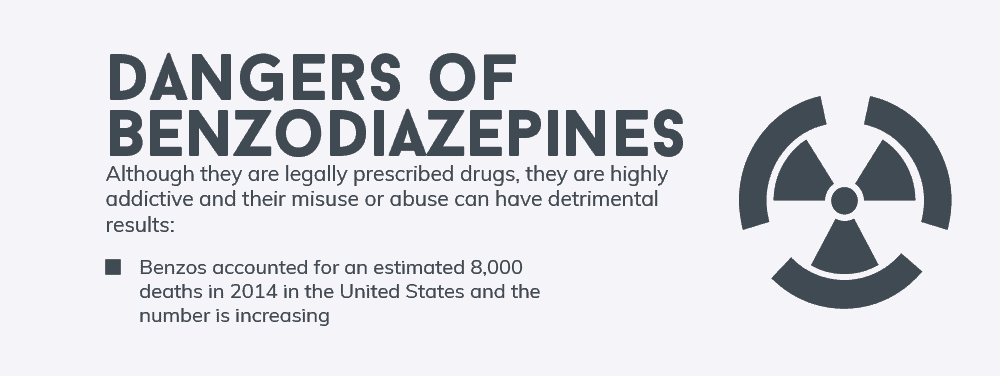Anxiety medications can provide significant relief for the people who take them. Ativan and Xanax are two of the most popular benzodiazepines, or benzos, that psychiatrists prescribe to their patients. However, they are also two of the most abused prescription drugs in the country.
If you or a loved one struggles with benzo abuse, take the first step to recovery today. At Northpoint Seattle, we know your Xanax addiction treatment plan should work for you. We help our patients develop a plan for therapy that will get them back on the right track. Call 888.483.6031 today to get started.
Ativan vs. Xanax
Ativan, also known by its generic name lorazepam, is a short-acting benzo typically prescribed to treat anxiety or insomnia. It can also be used to treat seizure disorders and alcohol withdrawal symptoms.
Xanax, on the other hand, is a long-acting benzo that is typically prescribed to treat panic disorders. It can also be used to treat anxiety and insomnia.
Both Ativan and Xanax work by increasing gamma-Aminobutyric acid (GABA) levels in the brain. GABA is a neurotransmitter that helps to regulate the nervous system. When levels of GABA are increased, it has a calming effect on the brain and body.
Ativan is typically prescribed for short-term use because it can be habit-forming. Xanax is also a habit-forming drug but is generally prescribed for long-term use.
Side Effects of Ativan and Xanax
Both Ativan and Xanax can have side effects when taken as prescribed, but people who abuse the drug can experience more severe symptoms.
The most common side effects of Ativan include:
- Drowsiness
- Fatigue
- Dizziness
- Blurred vision
- Memory problems
The most common side effects of Xanax include:
- Drowsiness
- Fatigue
- Dizziness
- Blurred
Even after experiencing severe symptoms, people addicted to benzos may continue to abuse it because they are dependent on it. This can lead to more severe health problems, including organ damage and death.
Signs of Ativan and Xanax Addiction
Dependence on opioids is a sure sign of addiction. The cycle of addiction is hard to break and can often lead to failed relationships, lost jobs, and financial trouble.
Becoming addicted to Ativan or Xanax is not always easy to spot, but there are some signs to look out for:
- Using the drug more often than prescribed or in higher doses
- Taking the medication for reasons other than prescribed, such as to get high
- Building up a tolerance to the drug, meaning someone needs more of it to get the same effect
- Experiencing withdrawal symptoms when quitting the drug
- Spending large amounts of money on the drug
- Stealing or using illegal methods to get the drug
Trying to break the addiction cycle can be isolating and challenging. Often, the withdrawal symptoms can drive someone addicted to benzos to relapse to help relieve their withdrawal.
Benzo Detoxification and Withdrawal Treatment
Professional detoxification is the safest and most comfortable way to break an addiction to Ativan or Xanax. Round-the-clock medical care can help to manage dangerous withdrawal symptoms like:
- Anxiety
- Insomnia
- Nausea
- Muscle pain
- Sweating
After the detox process, it is essential to continue gaining the skills needed to maintain sobriety. Since Ativan and Xanax are mental health medications, there is also a greater chance that people addicted to them have mental health problems.
Dual Diagnosis Treatment at Northpoint Seattle
At Northpoint Seattle, we specialize in treating patients with both addiction and mental health disorders. Our experts will work with you to develop a personalized treatment plan that fits your unique needs.
Your treatment plan could include:
- Individual therapy
- Group therapy
- Family therapy
- Recreational therapy
If you or someone you know is struggling with an addiction to Ativan or Xanax, call us today at 888.483.6031.

